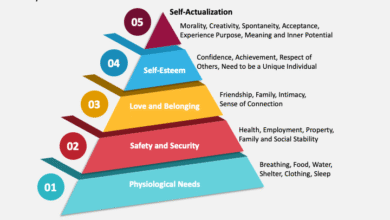Psychology approaches
The Psychology Approaches section of Power of Speech explores the foundational schools of thought and therapeutic models that shape modern psychology.
From cognitive-behavioral therapy (CBT) to psychoanalysis, humanistic psychology, positive psychology, and mindfulness-based approaches—each article offers a clear and accessible explanation of these powerful frameworks.
This category is ideal for psychology students, professionals, and curious minds who want to understand how different psychological theories explain human behavior, emotion, and change.
Dive into the core ideas behind each approach and discover how these methods influence counselling, personal growth, and mental health treatment today.
-

Classical Conditioning: The Science of Association
On a quiet afternoon in the late 19th century, Russian physiologist Ivan Pavlov was conducting an experiment that would forever…
Read More » -

The Biological Perspective: Exploring the Science Behind Behaviour
The biological perspective, also known as biopsychology, examines how biological processes influence human behaviour and mental functions. This approach emphasises…
Read More » -

The Humanistic Perspective: Unlocking Human Potential
The humanistic perspective in psychology emerged as a response to the limitations of psychoanalysis and behaviourism, advocating a more optimistic…
Read More » -

The Cognitive Perspective: Understanding Mental Processes
The cognitive perspective in psychology centres on the intricate workings of the mind—how people think, learn, remember, solve problems, perceive…
Read More » -

The Psychodynamic Perspective: Exploring the Depths of the Mind
The psychodynamic perspective is a fundamental approach in psychology, emphasising the role of the unconscious mind, early childhood experiences, and…
Read More » -
Understanding the Behavioural Perspective in Psychology
The behavioural perspective, commonly referred to as behaviourism, is a psychological approach that focuses exclusively on observable behaviours and the…
Read More »